UK tightens rules to fight worrying coronavirus rise
Boris Johnson also called a halt to the planned phased return of fans to live sporting events in England from October 1.
Britain on Tuesday tightened restrictions to stem a surge of coronavirus cases, ordering pubs to close early and advising people to go back to working from home to prevent a second national lockdown.
Pubs, bars and restaurants were ordered to shut at 10:00 pm (2100 GMT) across England and Scotland, and new limits were announced on public gatherings such as weddings.
Prime Minister Boris Johnson also called a halt to the planned phased return of fans to live sporting events in England from October 1, despite huge losses and fears some clubs could go under.
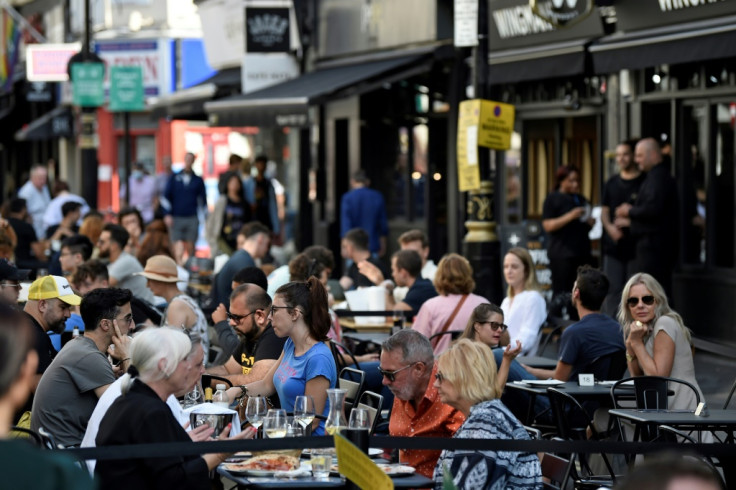
"To help contain the virus, office workers who can work effectively from home should do so over the winter," the government said, despite fears for the wider economy as many city centres turn in to ghost towns.
Johnson has warned the country is tracking European neighbours such as France and Spain with a second wave of infections, making urgent action necessary to prevent tougher rules later.
"This is the moment we must act," he told parliament, noting the new measures -- which could last up to six months -- would be bolstered by greater infringement penalties, a boosted police presence and military back-up.
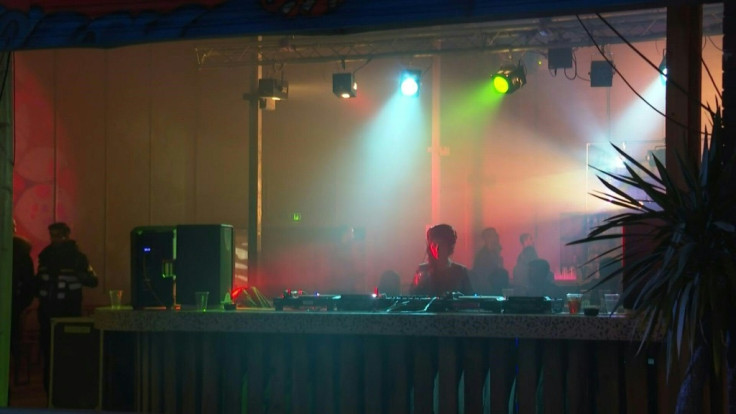
"If all our actions fail to bring the R (reproduction rate) below one, then we reserve the right to deploy greater firepower with significantly greater restrictions," he added.
Johnson hammered home the message in a televised evening address to the nation, calling for a collective effort to "get through this winter together".
"Never in our history has our collective destiny and our collective health depended so completely on our individual behaviour," he said.
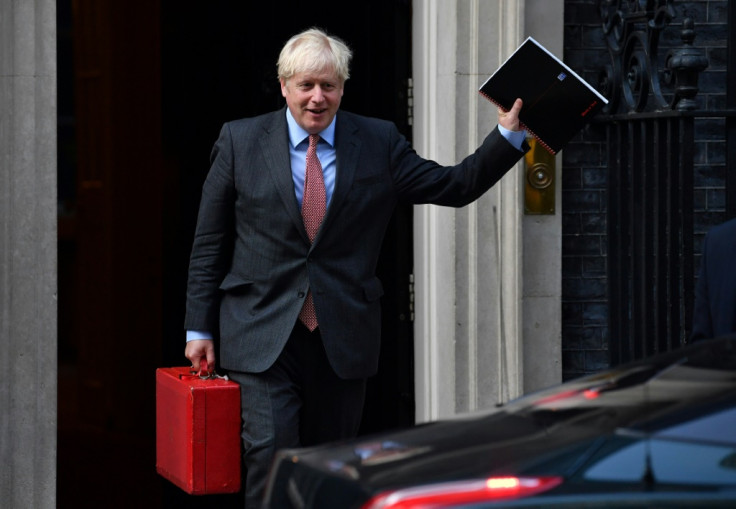
Scotland's First Minister Nicola Sturgeon said she did not rule out a total "circuit-breaker" lockdown during October school holidays if cases remained high.
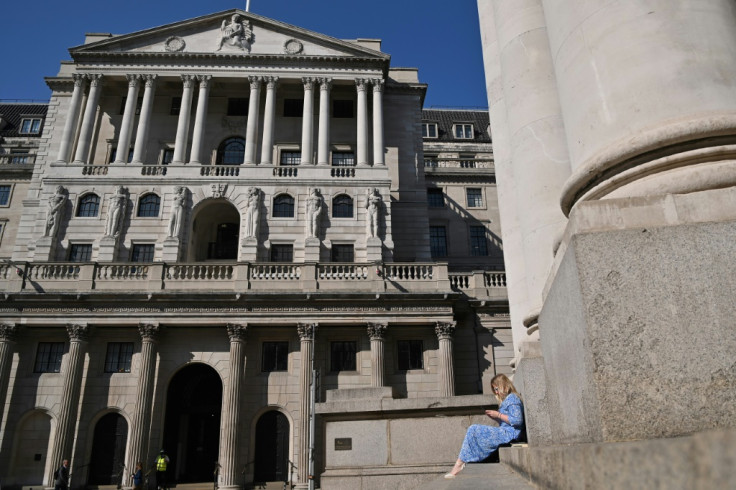
Sturgeon's devolved government, which controls health policy in Scotland, went further than England and imposed curbs on interactions between households, with some exemptions.
Limits on visiting other people's homes are already in force in Wales and Northern Ireland, while millions of people in all four parts of the UK are under so-called local lockdowns.
Government scientists have painted a grim picture of up to 50,000 coronavirus cases a day by mid-October if no action is taken.
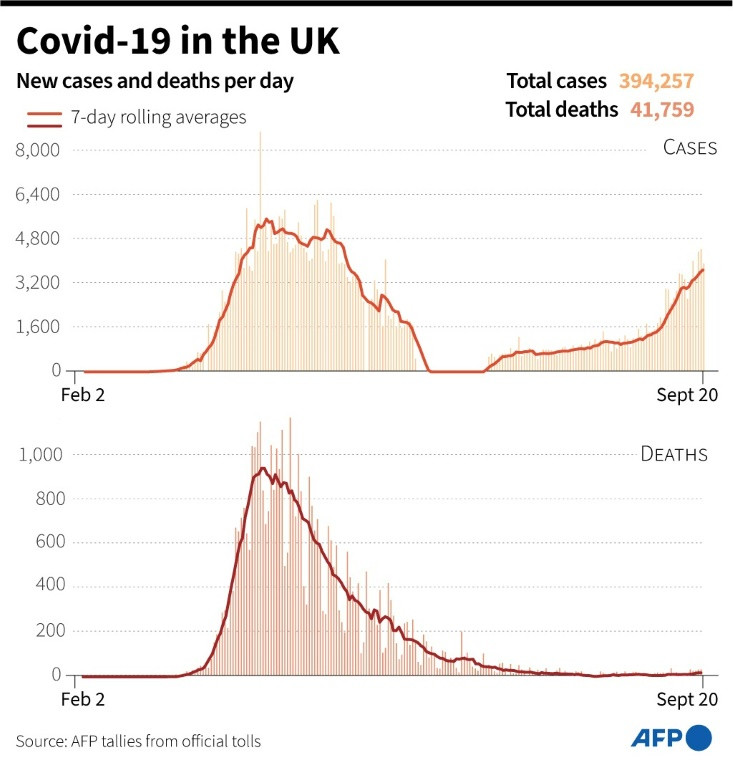
Johnson, battling sustained criticism for his handling of the outbreak, brushed aside renewed anger from the hospitality sector, which is still trying to get back on its feet.
The restrictions on pubs, bars and restaurants come into force from Thursday in England and Friday in Scotland.
The curbs come just months after Johnson's government encouraged people to return to the workplace, given dire warnings about the impact of the outbreak on businesses.
Leisure group Whitbread and pub chain Wetherspoons both announced widespread job cuts Tuesday, while the British Beer and Pub Association said less than half of pubs were breaking even.
Almost 42,000 people who tested positive for Covid-19 have died in Britain -- the worst death toll in Europe.
Nearly 5,000 new positive cases were announced Tuesday in levels not seen since early May, when the whole country was still subject to a stay-at-home order.
Customers at cafes in central London were broadly supportive of the new rules if it meant avoiding another lockdown, with concern about large numbers of drinkers at pubs.
"It isn't all about the money," Francesca Galluzzo, an operations manager, told AFP. "It should be about people's lives."
A snap poll by YouGov showed 77 percent of 3,436 people surveyed supported the new measures.
Jennifer Cole, a biological anthropologist at Royal Holloway, University of London, rejected suggestions the early closing time would make little difference.
"We know that the biggest influences in people's risk-taking behaviour is alcohol. The more drunk you are, the less inhibited and less risk-averse you are," she said.
Speculation about another lockdown was unthinkable for the industry, she said. "For us, it's the best-case scenario that could have come out of this."
Copyright AFP. All rights reserved.
This article is copyrighted by International Business Times, the business news leader





















